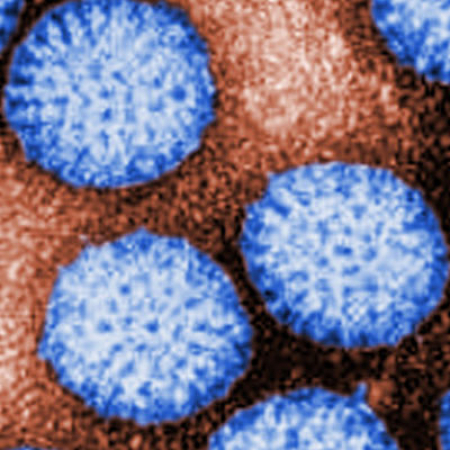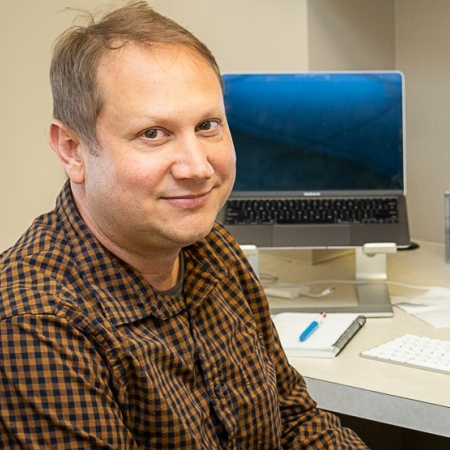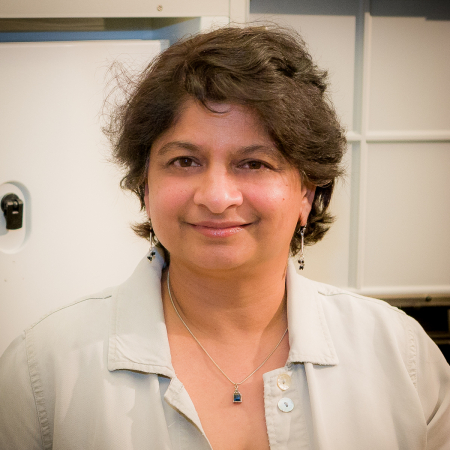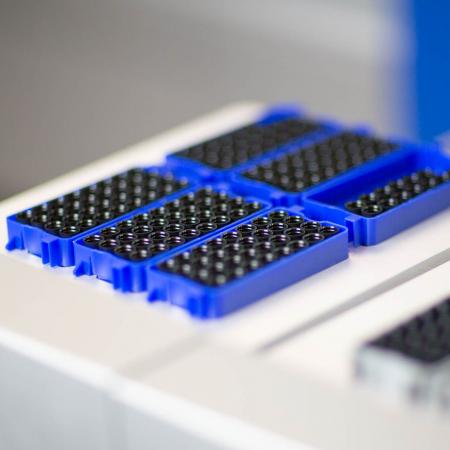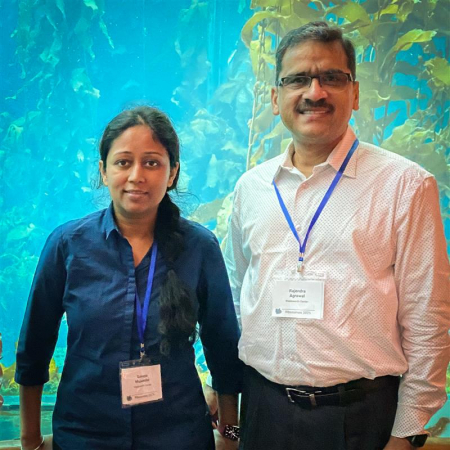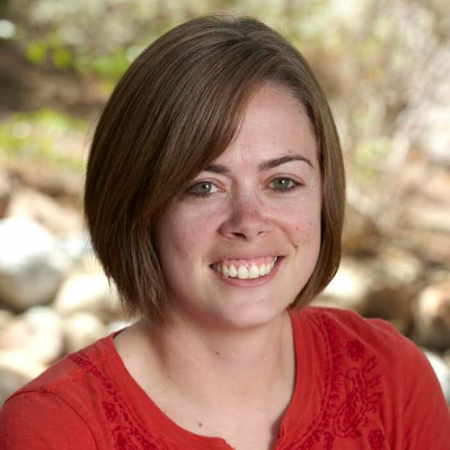Enterovirus Molecular Characterization Training for Public Health Laboratories Held at Wadsworth Center
The Laboratory of Viral Diseases hosted a two-day enterovirus molecular characterization workshop on July 28th and 29th. The training was sponsored by the Association of Public Health Laboratories (APHL) and included scientists from state public health laboratories in New Jersey, Oregon, Michigan, Washington, California, Massachusetts, and Nebraska.
READ MORE about Enterovirus Molecular Characterization Training for Public Health Laboratories Held at Wadsworth Center 